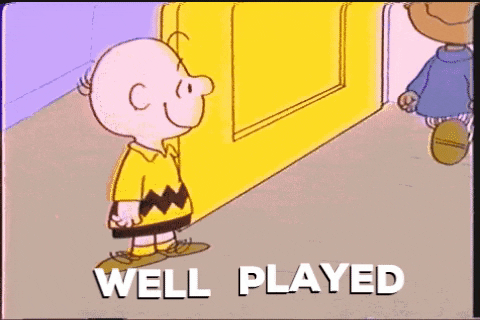Sorry, the formatting of this post just wonít straighten out. I keep leaving strange gaps and I donít know why.
Revenge (2017) - I actually love that film, but still...
Peppermint (2017)
I honestly canít list them now because I tend to dislike them. But theyíre all logged in my film notes somewhere, so Iíll add.
Itís not that the people in question are innocent; itís just that if a man kills a woman in a film, even if women are evil, itís called Ďmisogynyí. When women kill men, thatís supposedly great.
That just made me laugh out loud. I think Iím overdoing this discussion, itís a Monday, after all. This has been a very heavy topic for a Monday.
I never said it was made for women. But why should a woman have a problem with any of that? I like striptease scenes when well done, whoís to say women donít like them?
I donít know. Disclaimer, since thatís what itís come to: I am a woman; I have no problem with any of the above. Why canít women enjoy other women stripping? For one thing, there are gay women who might find it hot just as a man would; also women go to strip clubs to see other women dance in short dresses, why on Earth not? Women can enjoy sexualised portrayals of other women, even when theyíre straight.
Are there movies where women heroically kill *random* men, though? Who is a female character who kills innocent men who is applauded by the film?
There are plenty of movies where the male protagonist kills innocent people (like Gross Point Blank) but is still the hero of the film.
There are plenty of movies where the male protagonist kills innocent people (like Gross Point Blank) but is still the hero of the film.
Peppermint (2017)
I honestly canít list them now because I tend to dislike them. But theyíre all logged in my film notes somewhere, so Iíll add.
Itís not that the people in question are innocent; itís just that if a man kills a woman in a film, even if women are evil, itís called Ďmisogynyí. When women kill men, thatís supposedly great.
Teeth (and, oh my god I can't believe I'm defending the movie Teeth because I don't actually like it)
Death Proof is a throwback to grindhouse films.There are very rarely good people in those movies.
If you think that the film was made for women, please consider that there is a long lap-dance sequence of a 30 year old woman grinding on a 58 year old man. Consider the foot fetish shots (a Tarantino signature). The women dress in short cut-offs and, if I'm not mistaken, a cheerleader uniform.
If you think that the film was made for women, please consider that there is a long lap-dance sequence of a 30 year old woman grinding on a 58 year old man. Consider the foot fetish shots (a Tarantino signature). The women dress in short cut-offs and, if I'm not mistaken, a cheerleader uniform.
Death Proof is on a similar frequency to Faster Pussycat Kill Kill!. Yeah, on paper it's about a bunch of women beating up dudes who are idiots and perverts. But the costumes (and the shower scenes) make it pretty clear that it's intended for the enjoyment of a male audience. (Meyer, I think, had a better handle on this dynamic than Tarantino, at least in Faster Pussycat.)
Last edited by AgrippinaX; 06-22-20 at 05:54 PM.


